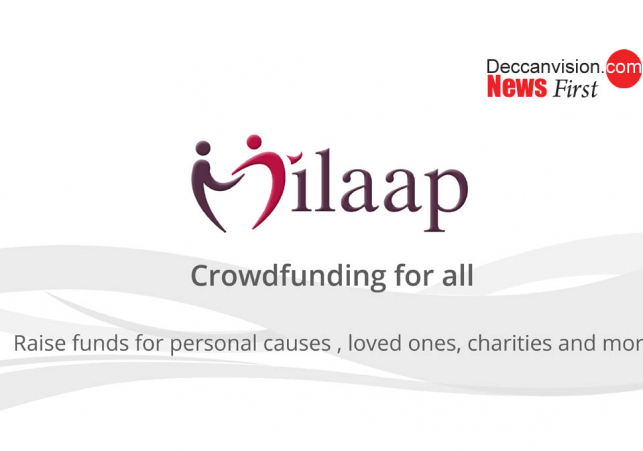Milaap notes 67% Indians lack medical insurance policy and sees crowdfunding as viable option

Milaap sees crowdfunding to be a viable option because 67 per cent Indians lack a medical insurance policy. Even with an insurance cover, medical bills can be a financial burden. Even government insurance schemes, according to Milaap are difficult to access for an average citizen.
Annually, 5.5 crore families in India in debt because of unforeseen medical expenses. In 2022, India's public health expenditure is around 1.6% of its GDP, making state-sponsored medical facilities scarce and cost of treatment at private hospitals as expensive. Quoting a recent study, Milaap said an average cost of ICU hospitalisation in India is equivalent to 16 months of pay for a daily-wage worker, and 10 months of pay for a salaried professional.
“People resort to online crowdfunding often as the last resort, when all their financial resources are exhausted to fund their medical needs,” noted Milaap which is one such platform that not only offers fundraising services, but also reliability of donors and with the guidance to organise and conduct crowdfunding.
Noting that crowdfunding is the future of India’s medicare system, Milaap said that its platform accounts for a user- base of over 72 lakh people across India, including tier 2 and tier 3 cities, where awareness on crowdfunding is picking up. It also has nearly 46 lakh indigenous donors, and about 4 lakh donors worldwide.
The money is raised for tertiary care or critical care medical treatment of cancer, organ transplantation, premature babies, ICU, paediatric ICU, trauma cases and road accident emergencies among others. Milaap ensures that the money received through online payment gateways towards medical causes is safely transferred and utilized for the intended treatment.
“Those who reached out to their community and friends for financial help for a medical treatment have realized that crowdfunding is easier and a less awkward option. Our platform provides a transparent and hassle-free experience to seek help and donate digitally, in a seamless manner,” said Anoj Viswanathan, president and co-founder, Milaap.
“An interesting trend between October 2014 and March 2015 was that people who raised money for medical treatment also sought advice on hospital and doctor options. In fact, the medical category campaigns constitute over 90% of all fundraisers on Milaap. However, the Covid pandemic was an eye-opener, he added.
At the peak of the Covid-19 in August 2020, Milaap disrupted its platform making it free for all with zero per cent fee, making to accessible for everyone. It relied on voluntary tips from donors and users to sustain operations to create a sustainable business model. Nearly 90 per cent of funds are now raised through this model which is its key differentiator, said the company.
Milaap has partnered with over 3600+ hospitals across government and private sectors. It works with charitable foundations and trusts working for medical fundraising. Mohan Foundation partnered with Milaap for organ donation and volunteer through the Organ Donation Ambassador Programme.
Milaap’s first mobile app for crowdfunding is accessed by over 1.7 lakh users to and helped to raise Rs. 27 crore. Milaap Guarantee Programme is a first-of-its-kind initiative that assures complete refund to donors during a fraud by a fundraiser and ensures donations reach the right beneficiaries.
According to Milaap anyone can start a fundraiser in just 5 easy steps, with eligible documents to support their cause. Till date, over 2 lakh medical campaigns set up on Milaap helped raise over Rs. 1,250 crore to support around 3.8 lakh individuals.
Input from agencies







